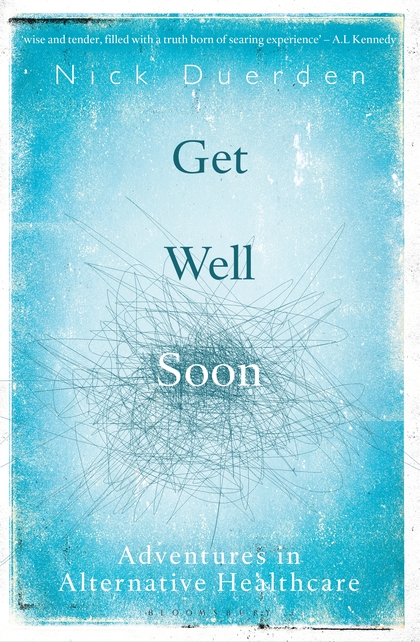There are a minority of the people who have had COVID-19 who complain of on-going symptoms for weeks and months after the initial infection. Discussion forums and blogs have sprung up to describe people’s day-to-day responses to a new and strange disease, partly for mutual support, and partly to explain to others what they are experiencing. In a BMJ blog a Professor of Infectious diseases has described his own early COVID symptoms – loss of smell, tightness in the chest and severe fatigue (Garner 2020). Professor Paul Garner was then surprised to find that he did not immediately recover. Instead the symptoms went on for weeks: ‘muggy head; acutely painful calf; upset stomach; tinnitus; pins and needles; aching all over; breathlessness; dizziness; arthritis in my hands; weird sensation in the skin with synthetic materials. Gentle exercise or walking made me worse—I would feel absolutely dreadful the next day.’
He struggled with his colleagues’ and family’s suspicions of a psychological element to the on-going fatigue. He was convinced that this was not just a post-viral syndrome, but rather the disease itself. Others with COVID got in touch to say that he was not alone – they had similar stories.
However, he also received comments from people with pre-existing chronic fatigue syndrome, whose basic message was ‘now you know how we feel!’ (Harding 2020). Shattered by any exercise, doubted by health professionals who suspected a psychological element, and plagued by a plethora of vague neurological and autonomic symptoms, these people have often been crying out for months and years for someone to listen to their stories.

What happens in rehabilitation for people like this? In accordance with the evidence of the PACE trial (White et al. 2011) some physiotherapists have tried to apply Graded Exercise Programmes to people with Chronic Fatigue Syndrome, but with varying success. Some researchers (as well as the Chronic Fatigue Syndrome lobbyists) have cast doubt on the PACE trial’s findings (Matthees et al. 2016). Some other physiotherapists have investigated the qualitative experience of fatigue among people with neurological conditions such as Charcot-Marie Tooth disease, post-polio syndrome, Multiple Sclerosis and Guillain-Barre Syndrome (e.g. Ramdharry et al. 2012).
There are also published narratives by people with on-going fatigue symptoms after neurological or viral conditions (e.g. Duerden 2018). Often these reveal some discontent with rigid conventional physiotherapy approaches, and instead report their experiments outside the health service as they cope with continuing limitations.
In the aftermath of COVID post-viral syndromes will, I am sure, become more common. Physiotherapists will no doubt meet people with on-going post-viral symptoms in their clinics. Let’s make an effort to listen carefully to their stories, and to treat each person as an individual.
References:
Duerden, Nick (2018) Get Well Soon: Adventures in Alternative Healthcare, London, Bloomsbury
Harding L (2020) ‘Weird as hell’ The Guardian, 5 May 2020 https://www.theguardian.com/world/2020/may/15/weird-hell-professor-advent-calendar-covid-19-symptoms-paul-garner#maincontent
Matthees A, Kindlon T, Maryhew C, Stark P, Levin B (2016) A preliminary analysis of ‘recovery’ from chronic fatigue syndrome in the PACE trial using individual participant data http://www.virology.ws/wp-content/uploads/2016/09/preliminary-analysis.pdf
Ramdharry GM et al. (2012) Exploring the experience of fatigue in people with Charcot-Marie Tooth disease, Neuromuscular Disorders 22: S208–S213
White PD et al. (2011) Comparison of adaptive pacing therapy, cognitive behaviour therapy, graded exercise therapy, and specialist medical care for chronic fatigue syndrome (PACE): a randomised trial The Lancet 377(9768): 823-836
